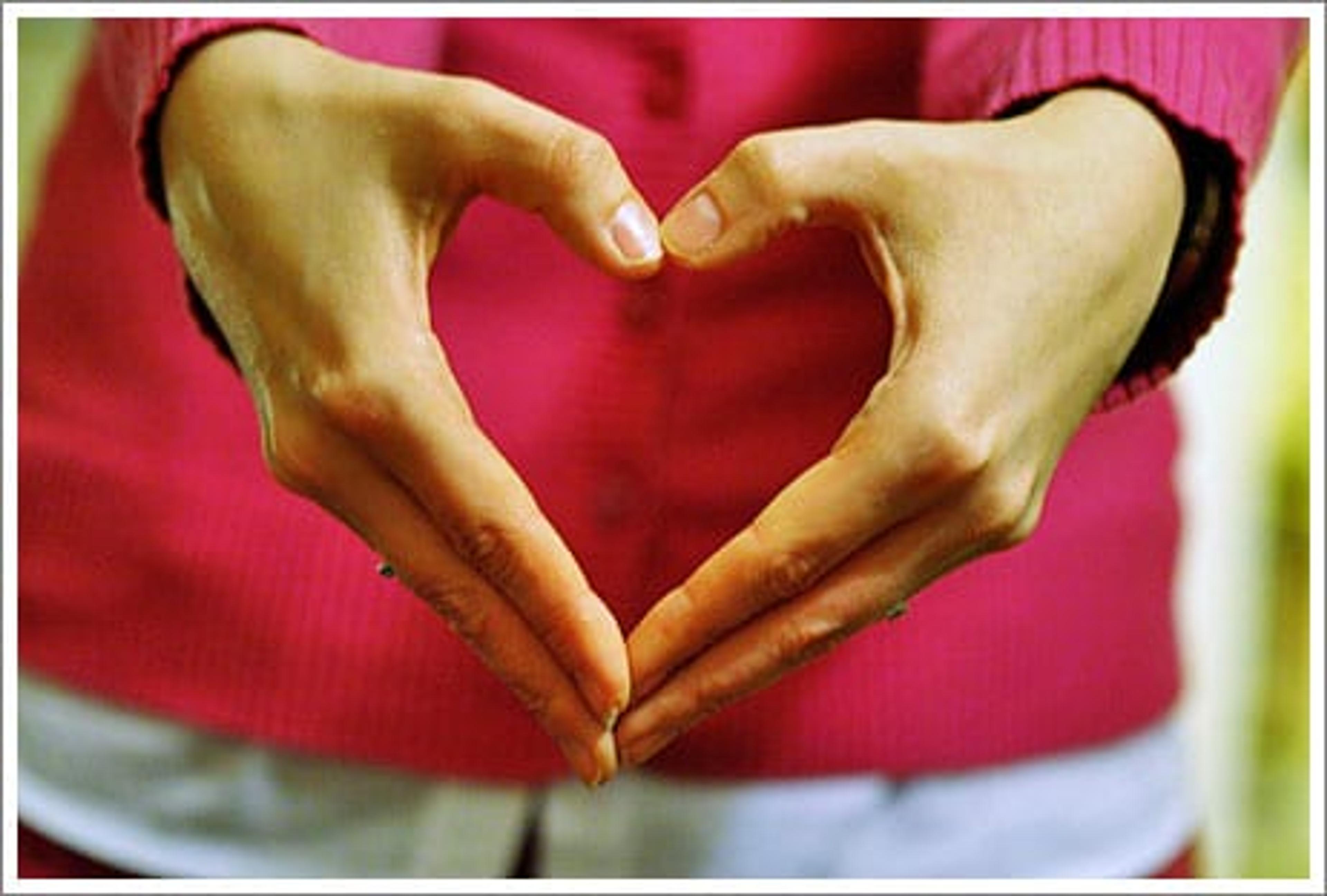Heart Health: What a Mid-Michigan Family’s Experience Tells Us About Being Prepared
Guest Blogger
| 3 min read

This guest post is from Diane Fong, executive director of the Michigan CardioVascular Institute Foundation and a member of Blue Cross Blue Shield of Michigan’s Central Michigan Advisory Council.
In the middle of the night, 10-year-old Maddie Owens had what was believed to be a seizure. Later in the morning, Maddie’s father, Ron, heard her fall out of bed and ran to her room.
Maddie was not having another seizure… she was in sudden cardiac arrest. Sudden cardiac arrest is when the heart suddenly and unexpectedly stops beating. It is not a heart attack. Rather, it is an arrhythmia — a problem with the heart’s electrical system.
Maddie’s life was literally in her father’s hands. Ron immediately called 911 and began CPR. His quick actions kept his daughter alive until paramedics arrived and defibrillated, or shocked, her heart multiple times. Thankfully, Maddie has made a full recovery.
Grim Statistics
Not everyone is as lucky. Less than 8 percent of the people who suffer cardiac arrest outside of a hospital survive. Approximately 300,000 people will die from SCA this year. Many victims have no prior history of heart disease and are stricken without warning.
The statistics are startling, but there is hope. Sudden cardiac death is reversible in most people if the heart is defibrillated within a few minutes with an electrical shock, also known as defibrillation, to restore a normal heartbeat. When coupled with cardiopulmonary resuscitation, chances for survival double or even triple.
The key to survival is beginning CPR immediately and quick access to an automated external defibrillator (AED). If defibrillation is delayed more than 10 minutes, death is almost certain.
The Michigan CardioVascular Institute Foundation hosts an annual charity hockey game in January called Shocks and Saves to:
- Educate the public about heart disease, especially sudden cardiac arrest
- Strengthen our region’s response to cardiac emergencies by creating a “community of first responders,” people like you and me, who are trained in CPR and have access to automated external defibrillators.
Through the community’s support of the event, we’ve placed 80 AEDs throughout mid-Michigan. We have hosted a variety of free CPR blitzes throughout the Great Lakes Bay Region at schools, workplaces and churches, training well over 500 people in CPR. We have also provided two seminars on sudden cardiac arrest in student athletes.
Ron and Bridget Owens, who openly share their story about their daughter, encourage others to learn CPR. “When the unthinkable happens, you need to know what to do. Learn CPR. You never know whose life you will save,” Bridget says.
Call to Action
Every 25 seconds…the clock is ticking…the risk is real…this is a call to action.
You can answer the call by:
- Learning CPR
- Being aware of where AEDs are located when out in public
- Educating yourself on heart health issues.





